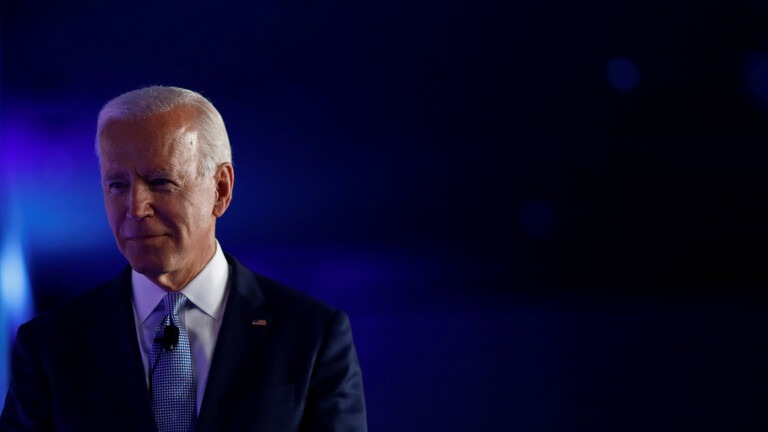“Al-Kazimi felt that Trump would be a serious supported of the Iraqi government and therefore tried to go closer to Saudi Arabia, Jordan, Egypt and similar countries but now with Biden in the White House and his criticism towards some policies in Riyadh and Cairo, such a trend will face disruption or impediment,” Seyyed Sabah Zanganeh told the Strategic Council on Foreign Relations.
He added that Iraqi statesmen, during the presidency of a Democrat President in the US, strengthened their ties mainly with the Sunnis and Kurds, referring to the grounds for the military presence of the US in Iraq.
“In the post-Saddam era, Iraq experienced both a US president from Democrats and Republican Party in the White House. However, during the Trump administration, we witnessed more tension between Iran and the US at the level of political equations in Iraq. And this tension and confrontation reached its peak during the Trump term in office. Many demonstrations and protests were organized by forces close to the US and the former Baath Party, resulting in more pressure on the government of Adel Abdul-Mahdi who was forced to ultimately resign. This was a temporary victory for the Trump policies in Iraq.”
Kurds not able to get Biden support for disintegration
Referring to the reports the introduce Joe Biden as the mastermind of the plan to disintegrate Iraq into three countries on the basis of sectarian and tribal tendencies, he said the Kurds are presently facing sharp reduction in the oil prices which proved as wrong the decision of Kurdistan region to sell oil to Turkey and other countries by the end of 2025.
“Therefore, they are now facing serious financial problems in Kurdistan. In fact, both Baghdad and Erbil are having serious difficulty in paying staff salaries.”
He added that Biden, like Trump, will be unable to resolve the reducing oil prices to help Kurdistan.
“We see increasing protests in Iraq to the failure of the government to even pay salaries. Therefore, the Kurds are unable now to get Biden’s support for disintegration of Iraq and independent Kurdistan as the separation of Kurdistan will bring about famine, hunger and low income.”
Biden’s efforts to reduce tension in Iraq
Zanganeh said Biden is likely to make efforts to reduce tensions in Iraq which means policies of Iran and the US may get closer in Iraq, adding that Biden administration may also try to resolve outstanding problems between Kurdistan region and the deferral government.
He said militarism would also reduce in Iraq and power would be concentrated in Baghdad during the Biden administration.
“In this connection, we would witness efforts to increase the level of participation of Shias, Sunnis and the Kurds in the government while more emphasis would be placed on democracy and greater participation of political parties and new structure for civil society. This will form the future structure of the political system in Baghdad.”
Probable problems of the Iraqi government with Biden administration
Referring to some analyses which believe Trump’s defeat in the US elections would cause obstacles for al-Kazimi, he said the incumbent government in Baghdad perceived Trump as a serious supporter and therefore tried to establish greater contacts with Saudi Arabia, Jordan and Egypt.
“However, with Joe Biden in the White House as the President of the United States, Iraq’s government inclination towards such countries will be reduced or disrupted due to the criticism of Biden about some policies by Saudi Arabia and Egypt. The incumbent Iraqi government may have more problems with the policies of Biden in Iraq therefore tensions are likely to be created.”
Zanganeh said the incumbent Iraqi government is interested in taking the power in its own hands and make it distant from the political parties and forces effective in power centers.
“Moving away from the centers of power means intensified tensions and protests which could be directed towards the US and the American influence in Iraq and the Bien administration is not interested in involvement in the power politics of new forces brought into power by Trump.”
Asked about the fate of the exit of American troops from Iraq during the Biden administration, he said the current Iraqi government would raise the issue very gently with Biden.
“In fact, the current government would not be serious in making this demand and would handle it in a manner to satisfy the Iraqi parliament. The government would tell the parliament that it raised the issue with the American and they declined or said they will withdraw their forces in three years. However, it seems that with Biden in the White House, the withdrawal or reduction of US forcers or preventing any military operation by the US Army in Iraq would be placed on agenda,” Zanganeh said.










0 Comments